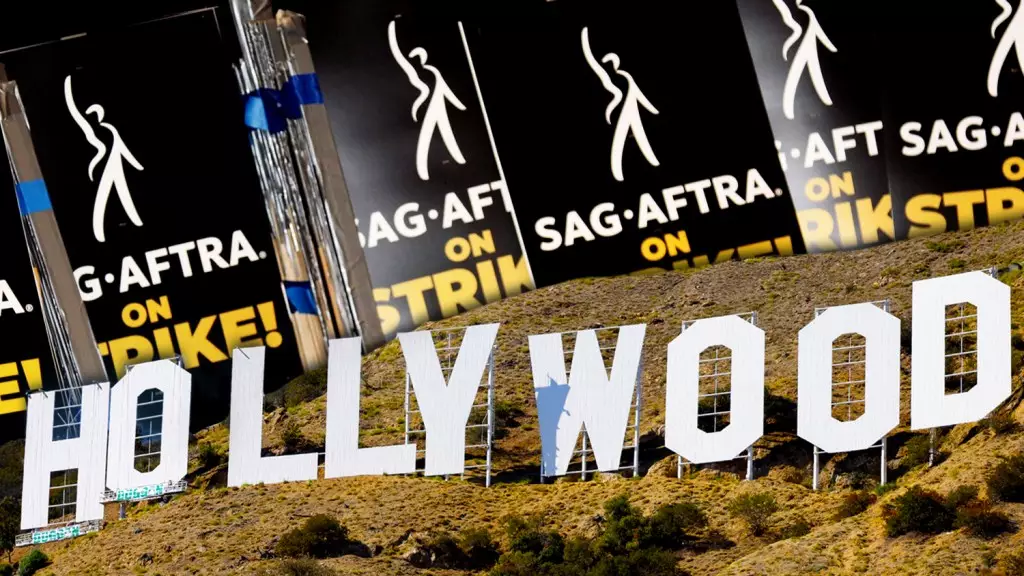Now that a tentative agreement has been reached to end the Writers Guild’s strike, SAG-AFTRA and IATSE are next in line for negotiations. The Directors Guild reached a deal earlier without going on strike, but the Writers Guild refused to accept the idea of “pattern bargaining.” The outcome of the Writers Guild’s strike, which resulted in better terms than the Directors Guild deal, could serve as a template for SAG-AFTRA’s negotiations. However, SAG-AFTRA has unique demands related to performer-centric issues that were not addressed in the previous deals.
Self-Taping Auditions Issue
One of the key concerns for actors is the practice of self-taping auditions, which became widespread during the Covid pandemic. SAG-AFTRA argues that these auditions are unregulated and burdensome for performers. They are advocating for reasonable rules, limitations, and access to other casting formats to ensure fairness and protect against exploitation. The AMPTP claims to have made a fair offer on self-taping limitations, but SAG-AFTRA still wants further protections. The tentative agreements reached before the strike began on technical requirements and other self-taping rules could serve as a starting point for future negotiations. However, the companies may take a hardline position and argue that those agreements are no longer valid.
The Writers Guild’s deal on curbing potential abuses of artificial intelligence could be a model for SAG-AFTRA to adapt in order to address the specific threats it poses to performers. However, SAG-AFTRA expressed concerns before the strike that the AMPTP failed to address vital concerns related to digital replicas replacing the work of principal performers and background actors. It remains to be seen how this issue will be resolved in future negotiations.
Financial Demands and Challenges
Wages and residuals will likely be another contentious issue in negotiations. SAG-AFTRA is demanding an 11% pay raise in the first year of a new contract, but the months spent on strike have already resulted in significant financial losses for actors. Reaching an agreement on financial matters may prove to be a difficult task.
Once the actors’ strike concludes, the AMPTP will have to negotiate with IATSE next year. IATSE members have shown solidarity with striking actors and writers, and they have also faced financial hardships due to the strikes. It is unclear whether they will be willing to strike after enduring the challenges of the pandemic and previous strikes or if they will be more militant in their demands. The outcome of IATSE’s negotiations will be significant for the industry as a whole.
The Writers Guild’s strike has set the stage for future negotiations with SAG-AFTRA and IATSE. The outcome of the strike has provided some insights and potential starting points for discussions, particularly regarding self-taping auditions and addressing the threats of artificial intelligence. However, there are still many challenges to overcome, including financial demands and the unique concerns of each union. The industry will be closely watching as these negotiations unfold and hopes for a resolution that is fair and equitable for all parties involved.

